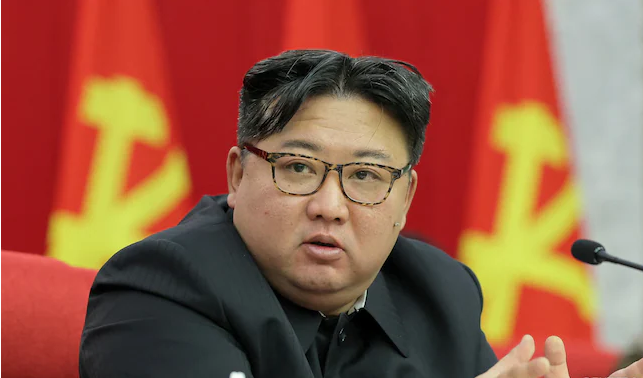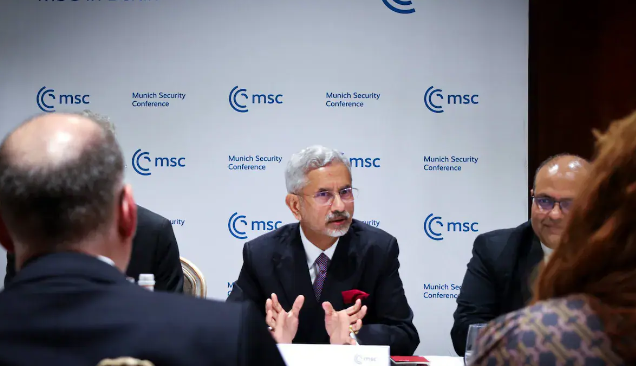In July, severe rainfall caused devastating landslides and flooding in North Korea, affecting over 4,000 homes and displacing approximately 15,000 residents. Reports suggest that up to 1,000 people died as a result of these natural disasters.

Following these events, North Korean leader Kim Jong Un is said to have ordered the execution of 20 to 30 officials. The officials were allegedly held responsible for failing to manage the crisis and prevent the high death toll. This drastic measure is reported to have taken place late last month.
According to South Korean media, including Chosun TV, Kim Jong Un demanded “strict punishment” for those deemed accountable for the “unacceptable loss” of life. The officials faced charges of corruption and dereliction of duty.
Among those affected was Kang Bong-hoon, the secretary of the Chagang Province Provincial Party Committee. His removal was confirmed by the North Korean Central News Agency (KCNA), although the full list of executed officials remains undisclosed.
Kim Jong Un visited the flood-affected areas and acknowledged the significant rebuilding efforts required. He noted that restoring the inundated neighborhoods would take several months. Despite this, he dismissed reports of a high death toll as “false rumors,” accusing South Korea of a smear campaign.
The North Korean government provided temporary shelter in Pyongyang for 15,400 people, including vulnerable groups such as mothers, children, the elderly, and disabled soldiers, to help mitigate the impact of the floods.
Lee Il-gyu, a former North Korean diplomat, commented on the situation, highlighting the fear and anxiety among officials, who are now facing heightened insecurity due to the regime’s harsh measures.
The Korea Times reports a significant increase in public executions in North Korea since the COVID-19 pandemic, with annual numbers rising from around 10 to approximately 100. This reflects a tenfold surge in such executions.
This dramatic increase in executions and the regime’s harsh response to the flooding crisis underscore the severe measures taken by Kim Jong Un to maintain control and address perceived failures within the government.


